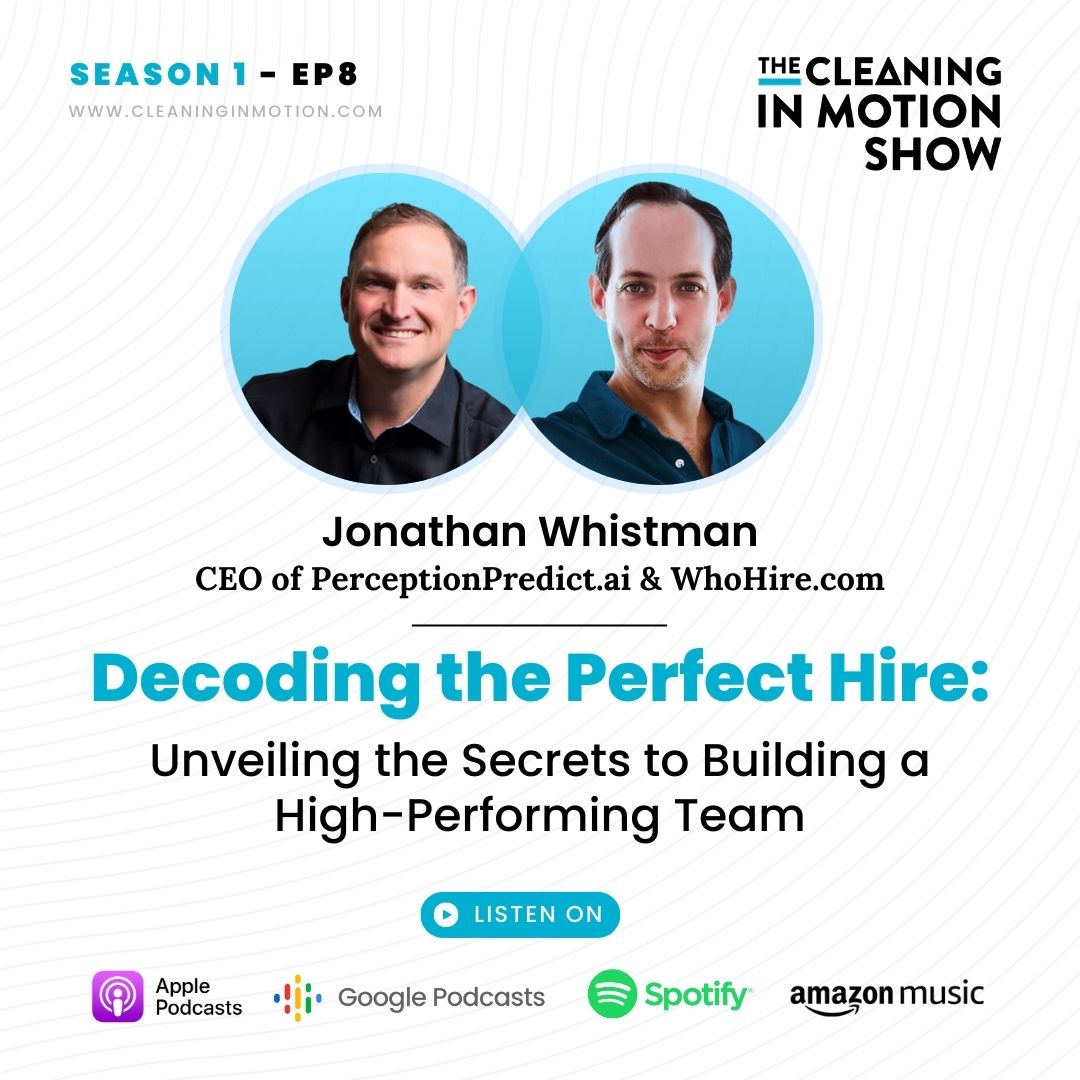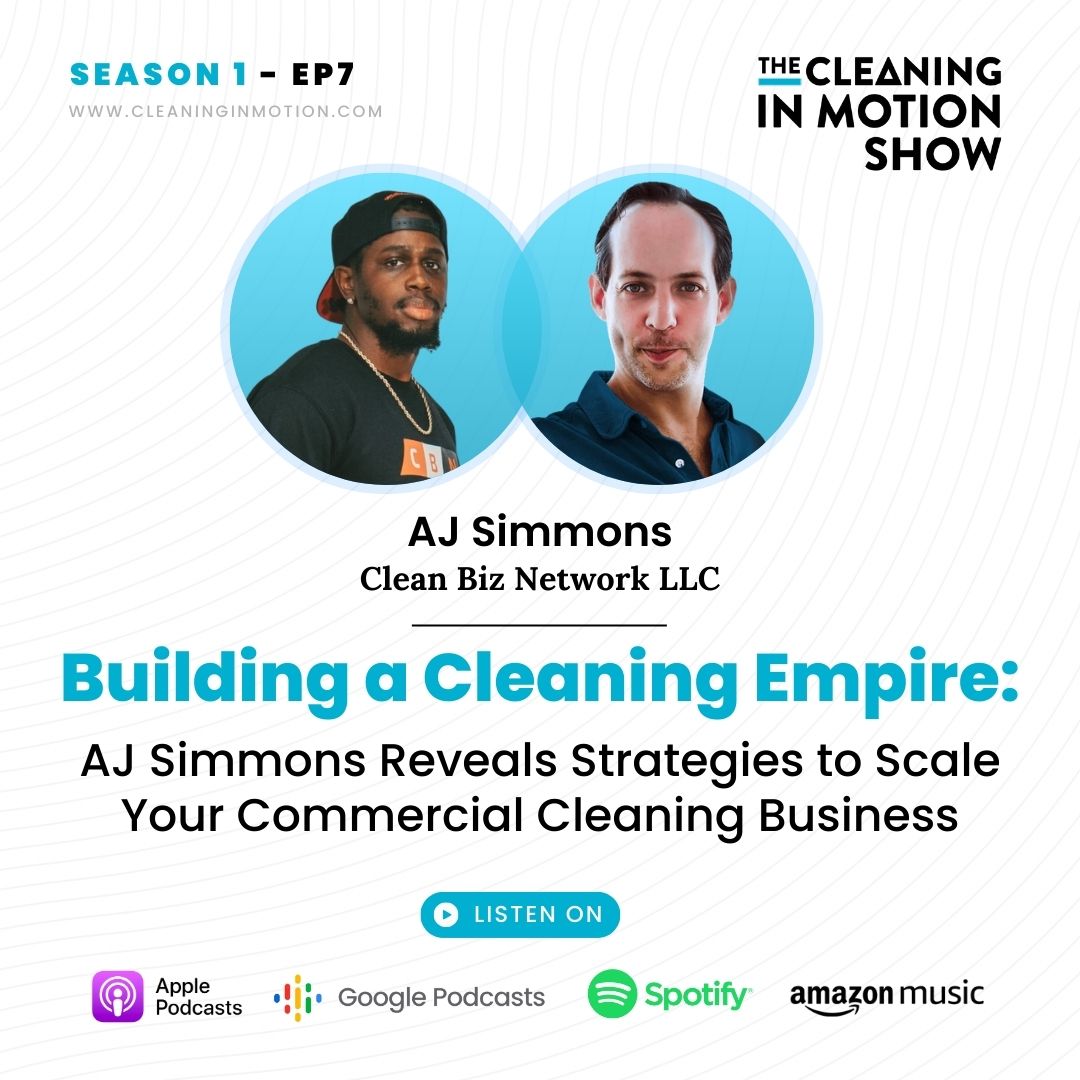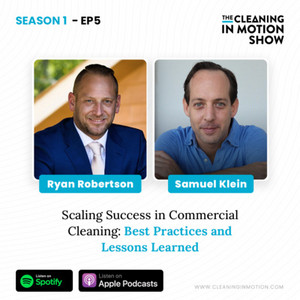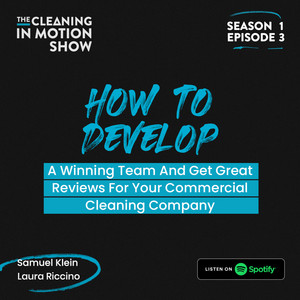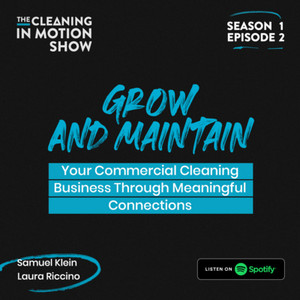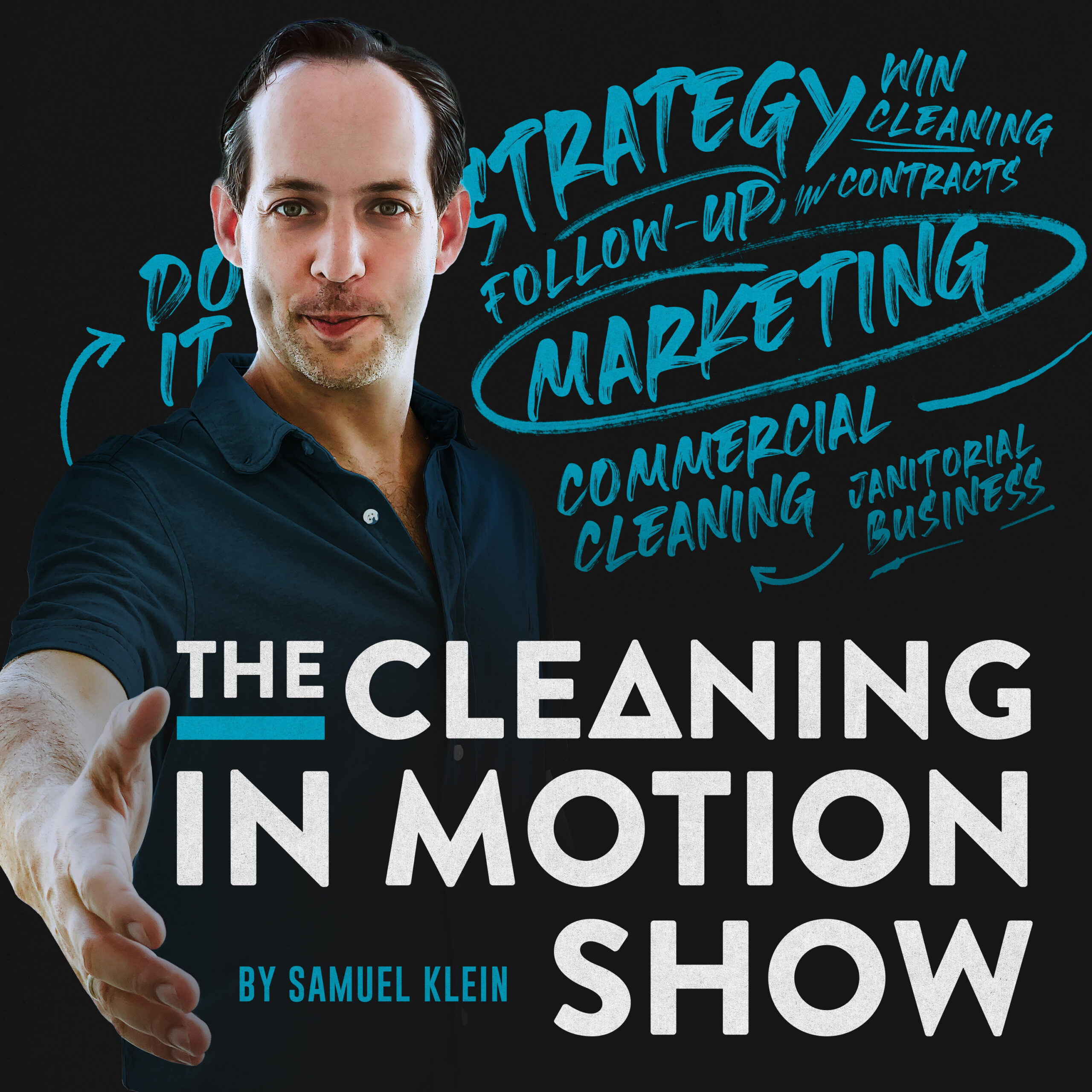

Elevating Customer Experiences: Dan Gingiss and Sam Klein Share Winning Strategies
Available in:
Sumary
Welcome to The Cleaning in Motion Show! In this episode, we have a dynamic conversation between Samuel Klein, our host, and the insightful Dan Gingiss, a distinguished keynote speaker and customer consulting expert. Samuel emphasizes the importance of being receptive to feedback in order to enhance customer experiences and retain clients, while Dan focuses on the use of artificial intelligence to personalize customer experiences in the commercial cleaning industry. They both share valuable insights on learning from positive experiences in various businesses and the significance of observing the customer's perspective to ensure their needs are met. You'll also learn about the WISER methodology for creating remarkable customer experiences and how to turn feedback into actionable steps to improve the customer experience. So, sit back, relax, and get ready to uncover the secrets to enhancing customer experiences in the commercial cleaning industry.
Transcript
[shortcode-transcript]






